









Jelena’s love of math shaped her career trajectory, and as the first female dean in the history of NYU Tandon, she’s helping shape the next generation of engineers. Among her priorities are increasing the number of women students and faculty members, investing in socially important research areas like cybersecurity and sustainability, and helping the school continue its historic rise in the college rankings. Founder and co-chair of the Northeast Regional Deans (NeRDs) council and a Fellow of both the IEEE and EUSIPCO, she has authored one of the fundamental papers in wavelet theory, as well as multiple seminal textbooks.
Jelena became the Dean of the NYU Tandon School of Engineering in August 2018. She is the first woman to head the school since its founding in 1854 as the Brooklyn Collegiate and Polytechnic Institute.
Since her arrival, she has garnered numerous accolades, including inclusion on the City & State “Higher Education Power 50,” “Tech Power 50,” and “50 over 50” lists, as well as Crain’s “Notable Women in Tech” rankings. She has also been appointed to the American Society for Engineering Education (ASEE) Engineering Deans Council Executive Board in which capacity she works with her fellow deans to provide vision and leadership on engineering research, education and engagement. Additionally, she is the founder and co-chair of the Northeast Regional Deans (NeRDs) council.
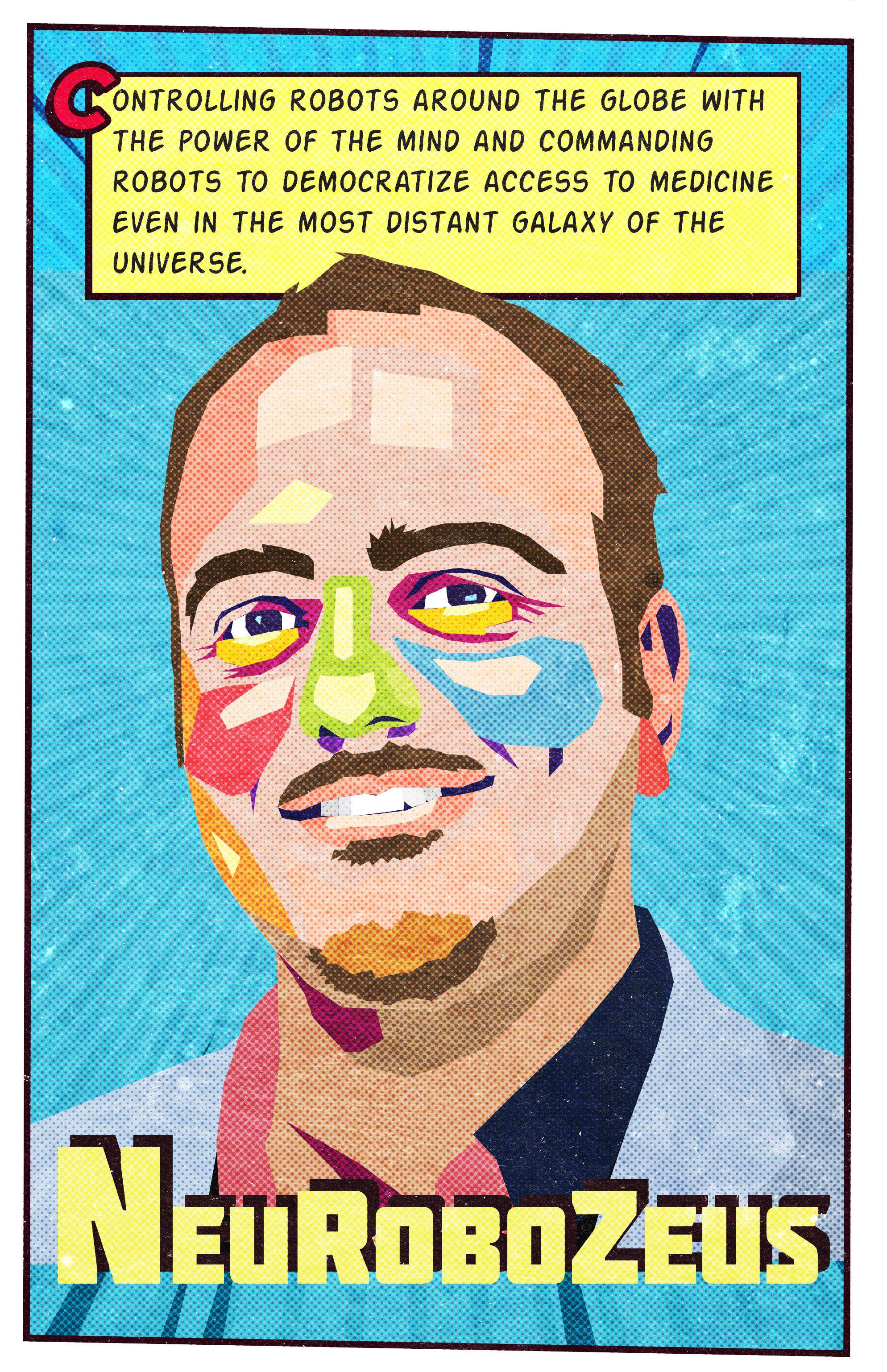
Title: Assistant Professor Affiliation: ece, mae, bme, cusp, nyu wireless
S. Farokh Atashzar is an Assistant Professor of Electrical and Computer Engineering, as well as Mechanical and Aerospace Engineering at New York University (NYU). Prior to joining NYU, Atashzar was a senior postdoctoral scientist in the Department of Bioengineering, Imperial College London, UK, sponsored by Natural Sciences and Engineering Research Council (NSERC) of Canada. From February 2017 to August 2018, he served as a postdoctoral research associate at Canadian Surgical Technologies and Advanced Robotics (CSTAR) center. From 2015 to 2018, he conducted research for the Network of Centres of Excellence (NCE) of Canada program “Aging Gracefully across Environments using Technology to Support Wellness, Engagement and Long Life (AGE-WELL)”. In 2014, he was a visiting research scholar at the Biorobotic Systems lab, University of Alberta, Canada. His many awards include the highly-competitive Ontario Graduate Scholarship (OGS) in 2013 and an NSERC Post-Doctoral Fellowship (PDF) in 2018. He was ranked among the top “5” applicants in Canada for the 2018 NSERC PDF competition in the Electrical and Computer Engineering sector.

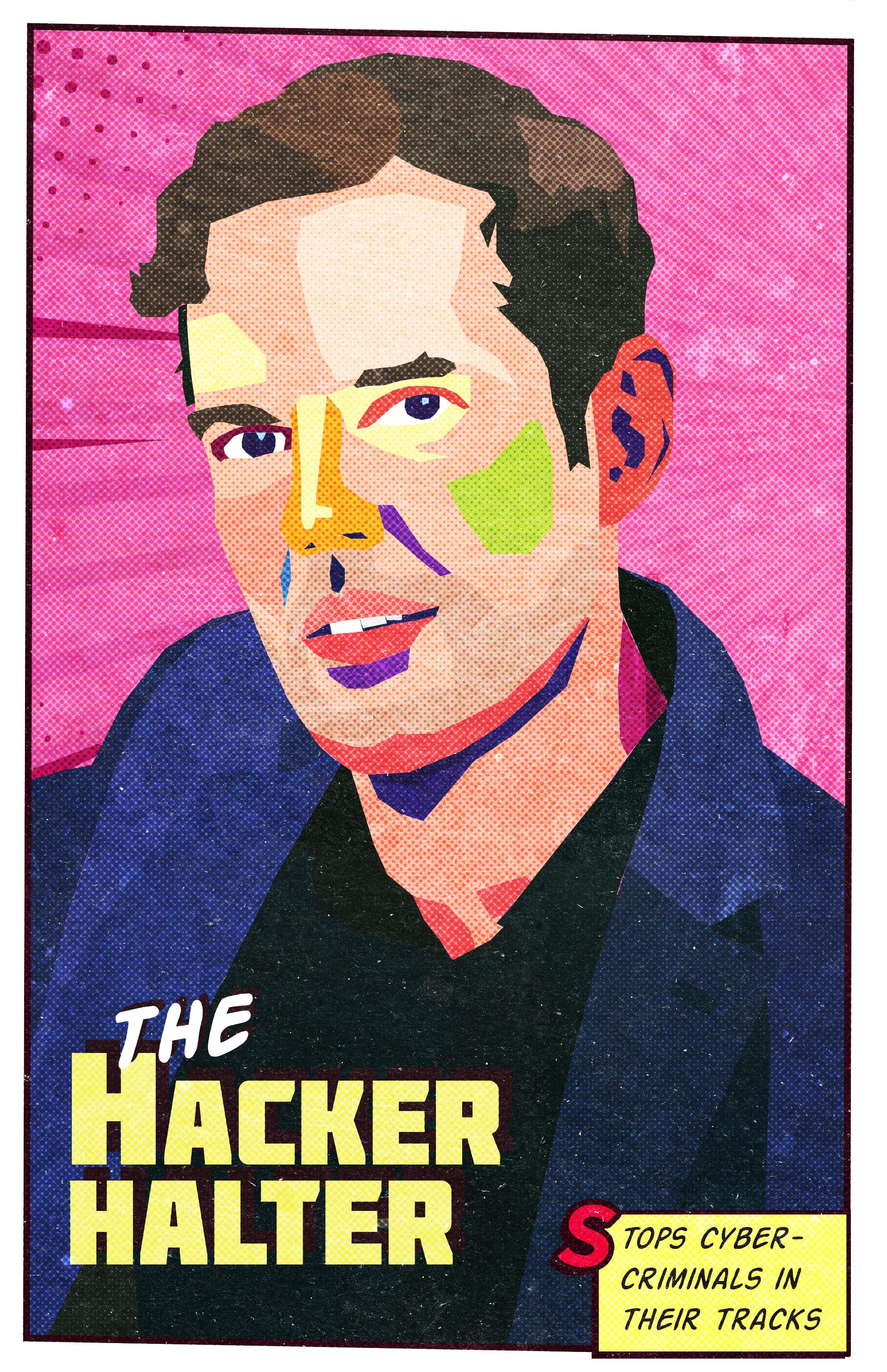

Affiliation: cse, center for cybersecurity
Justin Cappos is a professor in the Computer Science and Engineering department at New York University. Justin’s research philosophy focuses on improving real world systems, often by addressing issues that arise in practical deployments.
His dissertation work was on Stork, the first package manager designed for environments that use operating system virtualization, such as cloud computing. Improvements in Stork, particularly relating to security, have been widely adopted and are used on the majority of Linux systems via integrations into Apt, YUM, YaST, and Pacman. His later research advances have been adopted into production use including by Microsoft, IBM, VMware, Cloudflare, Docker, RedHat, ControlPlane, Datadog, and git, as well as a substantial percentage of automobiles.

Title: Associate Professor Affiliation: BME

Rose Faghih, an Associate Professor of Biomedical Engineering and Director of NYU’s Computational Medicine Laboratory, is focused on medical cyber-physical systems and the control, estimation and identification of biomedical and neural systems. She is pioneering new, brain-aware wearable devices, and the signal processing and control algorithms she has developed allow the devices to monitor such physiological signals as respiration rate, pulse, and sweat level, and provide information on stress, engagement (or boredom, on the other hand), and cognitive learning. She garnered an NSF CAREER Award for “MINDWATCH: Multimodal Intelligent Noninvasive brain state Decoder for Wearable AdapTive Closed-loop arcHitectures,” a simple smart watch-type device with practical applications in a variety of sectors, including medicine and education.
Selected as an IEEE-USA New Face of Engineering and listed among the MIT Technology Review’s “35 Innovators under 35,” Faghih was also deemed a “Woman to Watch” by the editors of the IEEE Women in Engineering Magazine; the Italian magazine Futuro Prossimo recently included her on a list of young, female researchers likely to win the Nobel Prize in the future.
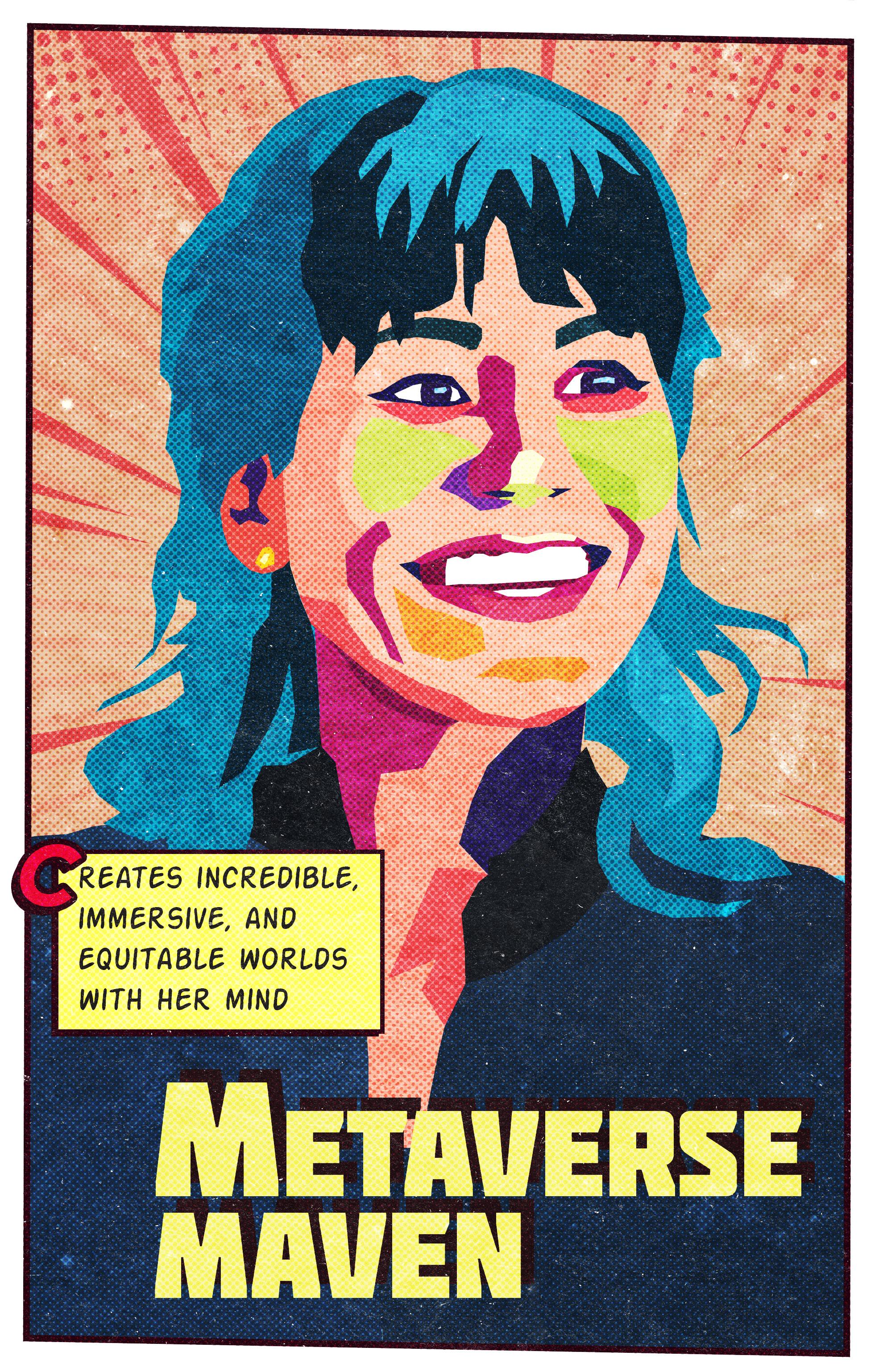

Affiliation: TCS
Carla Gannis is an interdisciplinary artist and educator. She produces virtual and physical works that are darkly comical in their contemplation of human, earthly and cosmological conditions. Fascinated by digital semiotics and the lineage of hybrid identity, Gannis takes a horror vacui approach to her artistic practice, culling inspiration from networked communication, art and literary history, emerging technologies and speculative fiction.
Gannis’s work has appeared in exhibitions, screenings and internet projects across the globe. Recent projects include “Portraits in Landscape,” Midnight Moment, Times Square Arts, NY and “Sunrise/Sunset,” Whitney Museum of American Art, Artport. A regular lecturer on art, innovation and society, in March 2019 Gannis was a speaker at the SXSW Interactive Festival on the panel “Human Presence and Humor Make Us Better Storytellers.” Publications who have featured Gannis’s work include The Creators Project, Wired, FastCo, Hyperallergic, The Wall Street Journal, The New York Times, El PaÍs and The LA Times, among others. In 2015 her speculative fiction was included in DEVOURING THE GREEN:: fear of a human planet: a cyborg / eco poetry anthology, published by Jaded Ibis Press.

Title: Institute Associate Professor Affiliation: ece, ccs, NYU Wireless

Siddharth Garg is currently the Institute Associate Professor of ECE at NYU Tandon, where he leads the EnSuRe Research group. Prior to that he was in Assistant Professor also in ECE from 2014-2020, and an Assistant Professor of ECE at the Unversity of Waterloo from 2010-2014. His research interests are in machine learning, cyber-security and computer hardware design.
He received his Ph.D. degree in Electrical and Computer Engineering from Carnegie Mellon University in 2009, and a B.Tech. degree in Electrical Enginerring from the Indian Institute of Technology Madras. In 2016, Siddharth was listed in Popular Science Magazine’s annual list of “Brilliant 10” researchers. Siddharth has received the NSF CAREER Award (2015), and paper awards at the IEEE Symposium on Security and Privacy (S&P) 2016, USENIX Security Symposium 2013, at the Semiconductor Research Consortium TECHCON in 2010, and the International Symposium on Quality in Electronic Design (ISQED) in 2009. Siddharth also received the Angel G. Jordan Award from ECE department of Carnegie Mellon University for outstanding thesis contributions and service to the community. He serves on the technical program committee of several top conferences in the area of computer engineering and computer hardware, and has served as a reviewer for several IEEE and ACM journals.
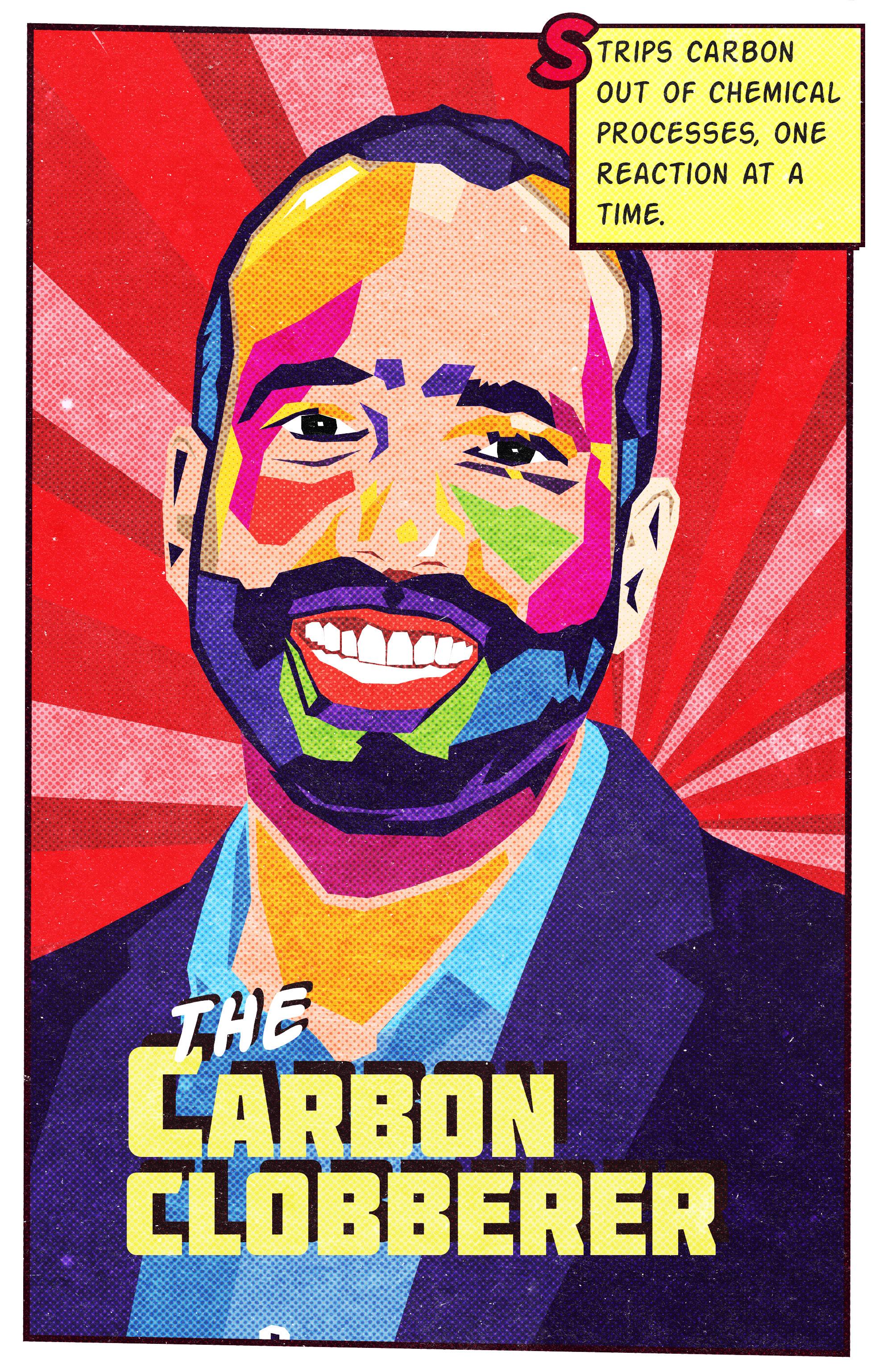
Miguel’s research lies at the interface of multifunctional material development and electrochemical engineering. Electrochemical devices are ubiquitous to a broad range of energy conversion technologies and chemical processes. Their core components rely on complex materials that provide the required electrocatalytic activity and mass transport functionality. Our group has expertise in composite materials development, processing and characterization; and this expertise is used to improve and redefine electrochemical reactors with direct industrial applications. Our applied research approach also relies on fundamental understanding of the materials’ self-assembly and how their morphology and surface properties affects the mass transport and performance of electrochemical devices.

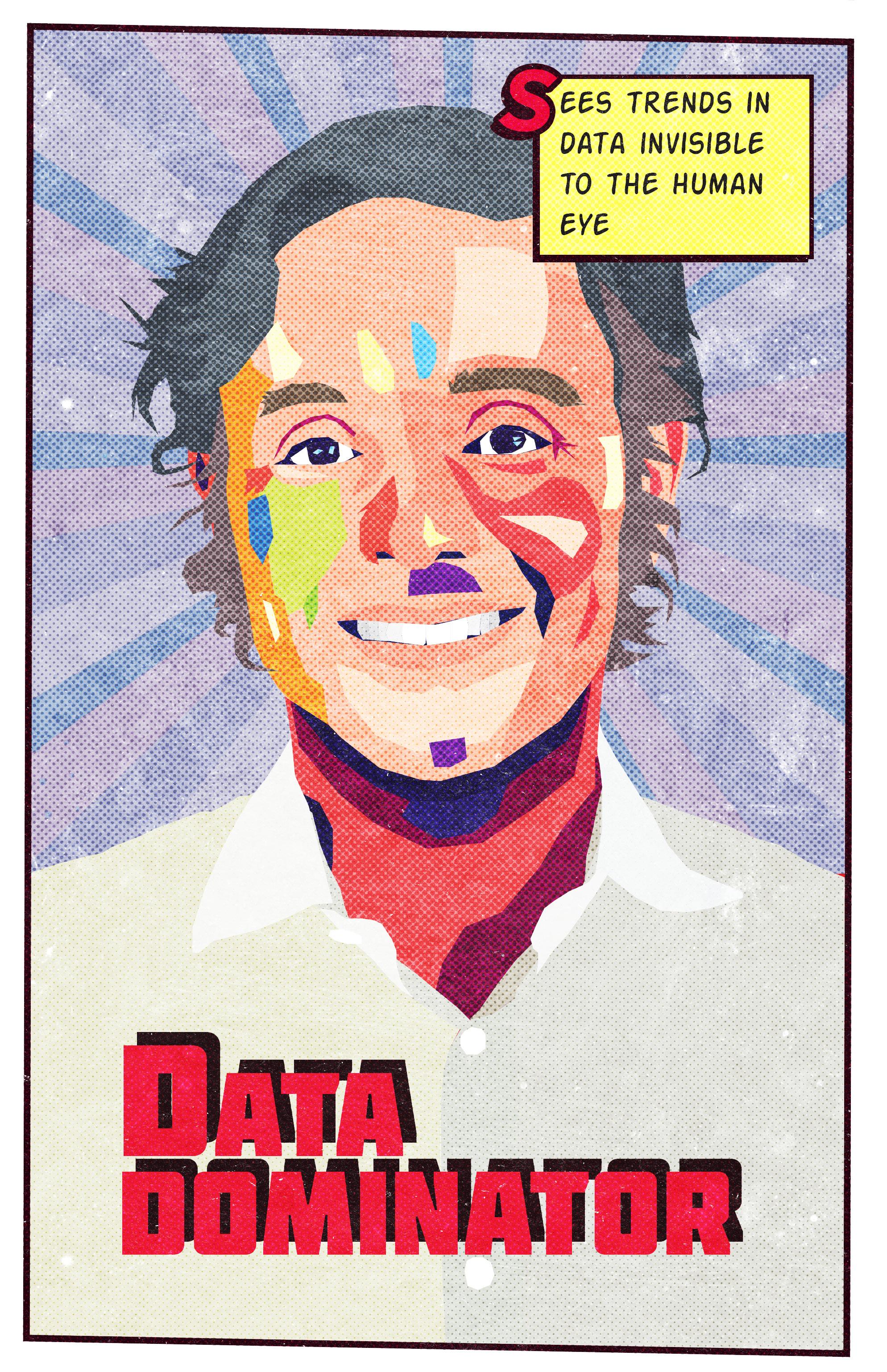
Title: Director, Center for Urban Science & Progress Affiliation: MAE, BME, CUE, CUSP

Dr. Maurizio Porfiri is an Institute Professor at New York University Tandon School of Engineering, with tenured appointments at the Departments of Mechanical and Aerospace Engineering and Biomedical Engineering, and the Director of the Center for Urban Science and Progress of New York University. He received M.Sc. and Ph.D. degrees in Engineering Mechanics from Virginia Tech, in 2000 and 2006; a “Laurea” in Electrical Engineering (with honors) and a Ph.D. in Theoretical and Applied Mechanics from Sapienza University of Rome and the University of Toulon (dual degree program), in 2001 and 2005, respectively. He has been on the faculty of the Mechanical and Aerospace Engineering Department since 2006, when he founded the Dynamical Systems Laboratory.
Dr. Porfiri is a Fellow of the American Society of Mechanical Engineers (ASME) and the Institute of Electrical and Electronic Engineers (IEEE). He has served in the Editorial Board of ASME Journal of Dynamics systems, Measurements and Control, ASME Journal of Vibrations and Acoustics, Flow: Applications of Fluid Mechanics, IEEE Control Systems Letters, IEEE Transactions on Circuits and Systems I, IEEE Transactions on Network Science and Engineering, Mathematics in Engineering, and Mechatronics. Dr. Porfiri is engaged in conducting and supervising research on complex systems, with applications from mechanics to behavior, public health, and robotics.
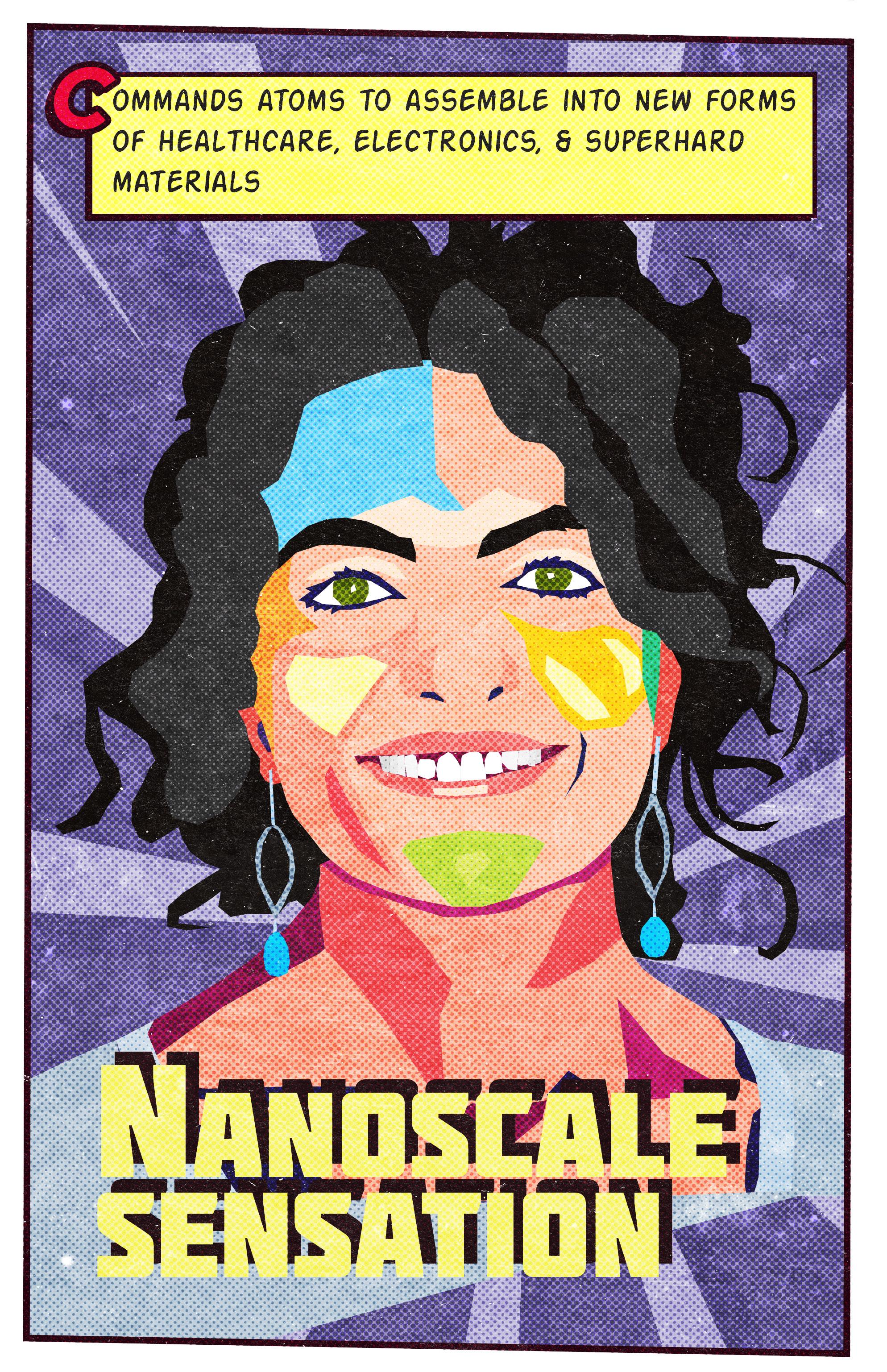
 Affiliation: CBE
Affiliation: CBE
Elisa Riedo graduated summa cum laude in Physics at the University of Milano, and obtained a Ph.D. in Physics in 2000 with a joint thesis between the University of Milano, and the European Synchrotron Research Facility (ESRF) in Grenoble, France. She then worked as postdoctoral fellow at the Ecole Polytechnic Federale de Lausanne (EPFL) in Switzerland. Riedo was a Professor of Physics at the Georgia Institute of Technology from 2003 to 2015. She is particularly well known for her pioneering work in thermal scanning probe lithography (tSPL), a novel and sustainable nanofabrication technique with applications in biomedicine, nanoelectronics, and magnetic materials. She has also made fundamental contributions in nanomechanics, graphene, diamene, 2D materials, and nano-confined water. She is widely published, and has received multiple grants from the National Science Foundation, the Department of Energy, and the Department of Defense. She is a Fellow of the American Physical Society.
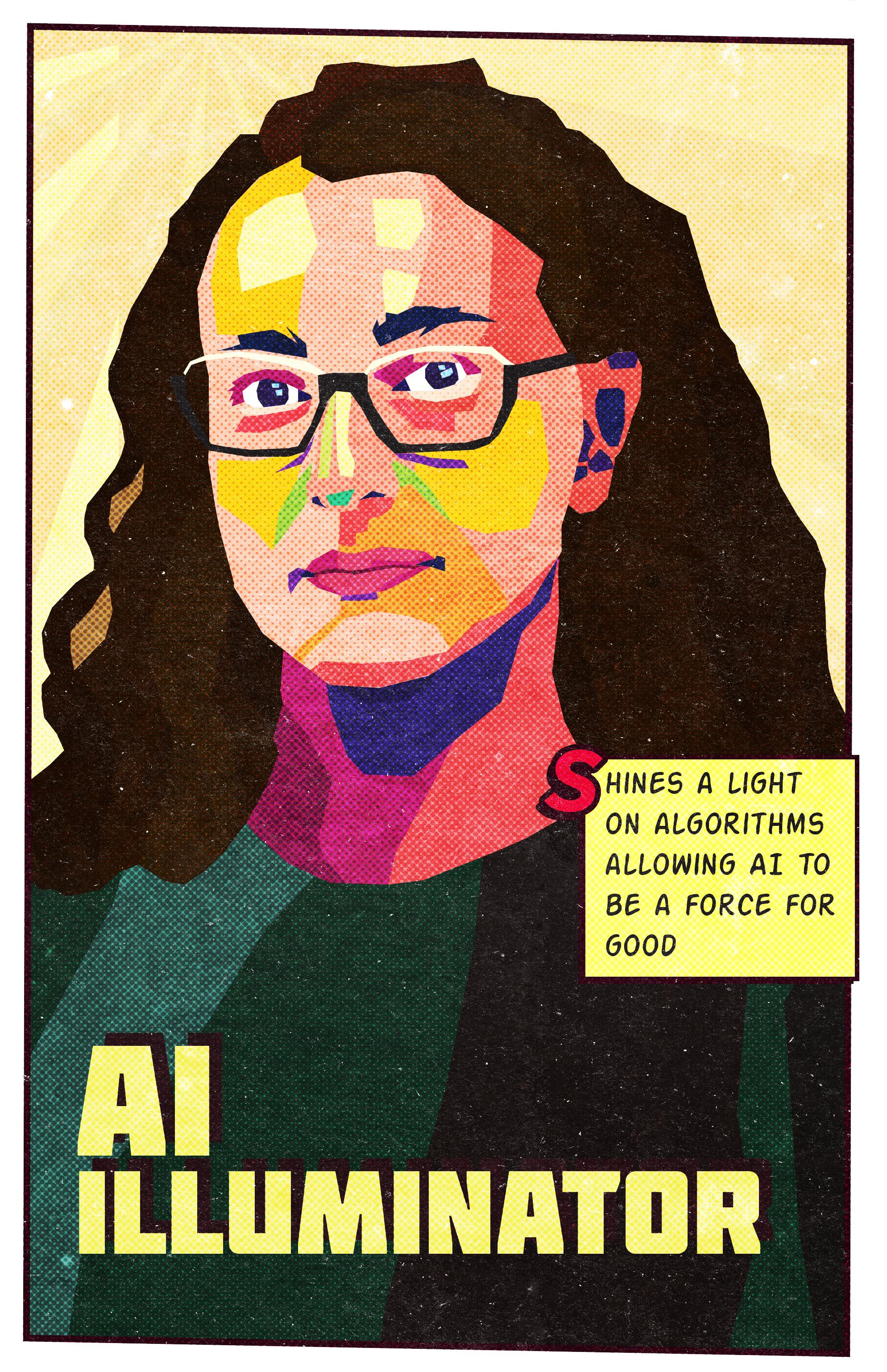
Title: Associate Professor / director, center for Responsible AI Affiliation: cse, r/AI, VIDA, CDS
Julia Stoyanovich is an Associate Professor in the Department of Computer Science and Engineering at the Tandon School of Engineering, and the Center for Data Science. She is a recipient of an NSF CAREER award and of an NSF/CRA CI Fellowship. Julia’s research focuses on responsible data management and analysis practices: on operationalizing fairness, diversity, transparency, and data protection in all stages of the data acquisition and processing lifecycle. She established the Data, Responsibly consortium, and serves on the New York City Automated Decision Systems Task Force (by appointment by Mayor de Blasio). In addition to data ethics, Julia works on management and analysis of preference data, and on querying large evolving graphs. She holds M.S. and Ph.D. degrees in Computer Science from Columbia University, and a B.S. in Computer Science and in Mathematics and Statistics from the University of Massachusetts at Amherst.

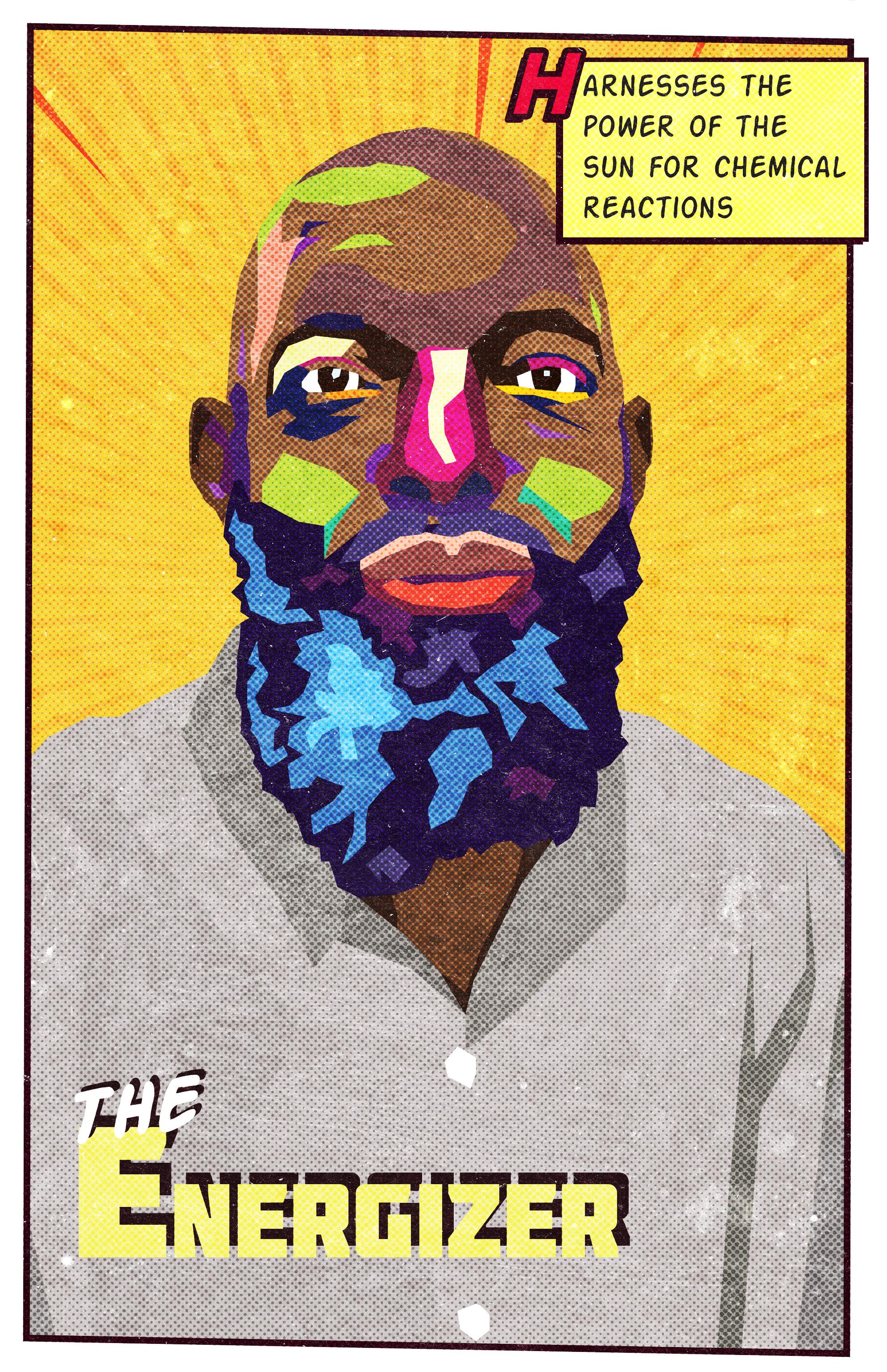
 Affiliation: CBE, SEI
Affiliation: CBE, SEI
André Taylor is a professor of chemical and biomolecular engineering. At NYU Tandon -- which he joined following a tenured professorship at Yale and leadership of its Transformative Materials and Devices Group –he heads an initiative focused on the development of industrial systems to make petrochemical manufacturing more sustainable by integrating electrochemical systems (e.g. fuel cells) and energy storage innovations with clean electrochemistry. His work also involves designing revolutionary photovoltaic systems and envisioning new ways to fabricate them at scale, using sustainable, longer lasting, and more durable materials.
He was recently honored by the Community of Scholars as one of 1,000 Inspiring Black scientists in America, and he is dedicated to increasing diversity and inclusion within the chemical industry and academia.
In a world where dangers appear in the air and in the water, at macro levels and at nanoscale, the world needs heroes. Heroes to take on climate change, malicious AI, cybercriminals, and more. But no one hero can do it alone. This holiday season, a brave team is joining forces across disciplines to rise to the challenge...to fight back...to save our cities, our infrastructure, our health, and our planet...The Agents of Optimism!
